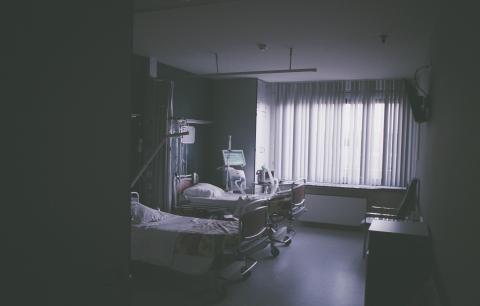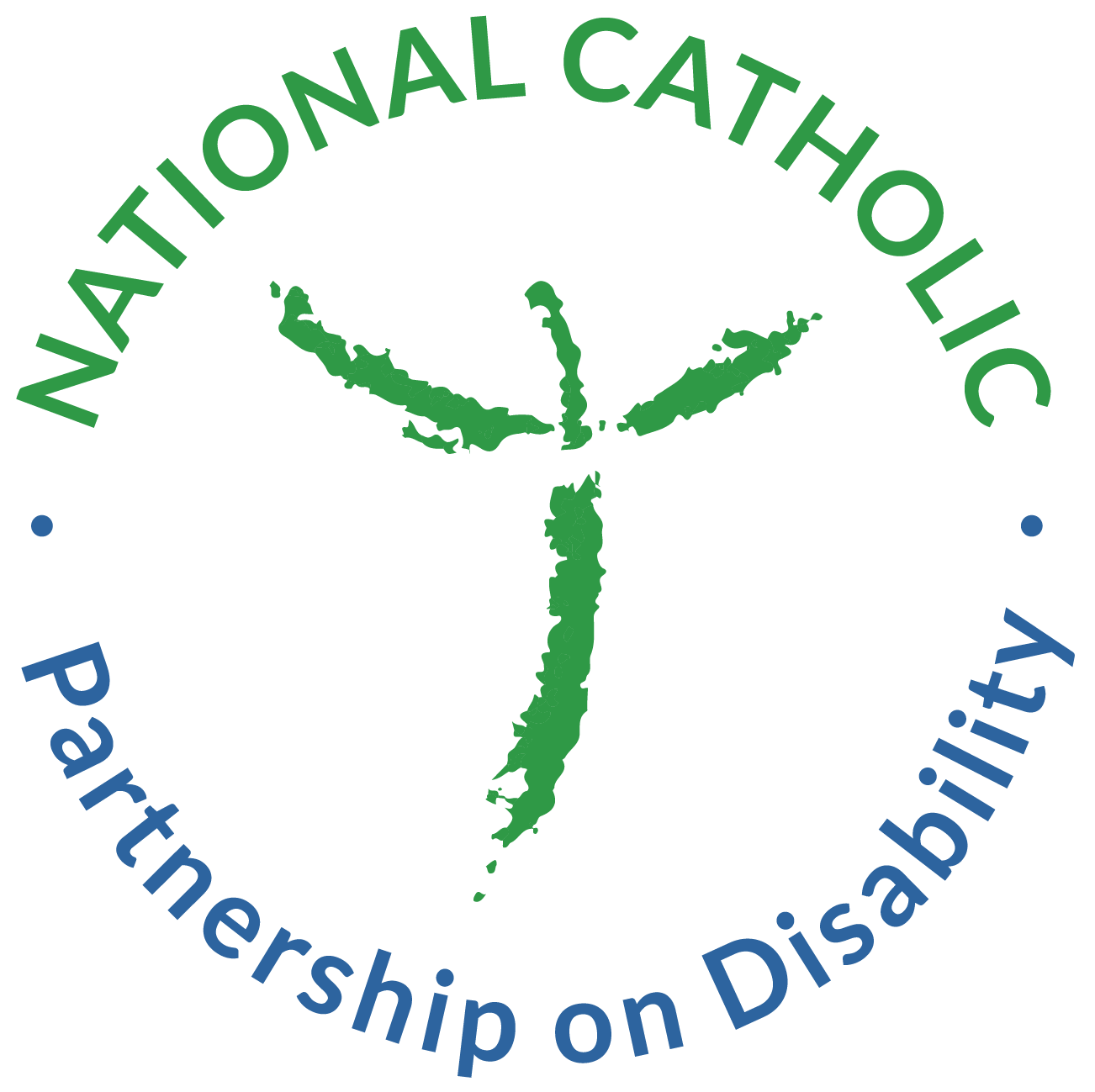
-
Physician-assisted suicide legislation market “comfort-care” in dying. However, based on the data from Oregon and Washington, the number one reported cause of the request for PAS is "loss of autonomy." NCPD affirms the dignity of every person—regardless of the differing abilities or degrees of perceived “dependence.” We must remain anchored in unconditional respect for their human dignity, beginning with respect for the inherent value of their lives.
-
Individuals with disabilities, and in particular those with cognitive impairments, have been routinely precluded eligibility for life-saving treatment (in the name of health care rationing) based on a stereotypical perception of a “lower quality of life.” Physician-assisted suicide continues to promote the negative and damaging stereotype of a life unworthy of living and takes it to the extreme step of recommending termination based on fear of “loss of autonomy” and other perceived “disability” attributes such as dependence/ burden for caregivers.
-
Individuals with disabilities have historically been targeted by the medical system through sterilization, euthanasia, and abortion. There is dangerous historical precedence in our not distant past—legislators must listen to and learn about this from disability advocates. This shameful history cannot be allowed to repeat itself.
-
Legalized physician-assisted suicide quickly becomes just another form of acceptable “treatment” and as such, will always be the cheapest option. In a cost-conscious healthcare environment, that provides economic incentives for healthcare rationing, the healthcare system will support death overhealing and individuals with disabilities will be disproportionately impacted.
-
Physician-assisted suicide poses a threat to those living with or having acquired disabilities and those who are in vulnerable circumstances. When physician-assisted suicide becomes a legal option, explicit and implicit pressure is placed on vulnerable individuals to accept that option. Rather than being the “personal choice” hailed by proponents, soon carries an implied “duty.” People respond strongly to the personal fear of “being a burden.” There is absolutely no way to regulate against or adequately monitor implicit or explicit coercion. The attempts of the bills to have two-person witnesses is an attempt at “oversight” in name only.
-
Suicidal thoughts remain at very high levels for individuals with terminal illness and elders -- historically diagnosed as depression. Most cases of depression can be successfully treated. However, the legislation does not require the treatment of underlying depression. Referrals to psychiatrists are only required in cases where the physician perceives resulting in an impaired decision-making capacity.
-
Incidents of murder, coercion, etc. are unreportable. Death Certificates will not note the cause of death as a lethal dosage. Event data (how, when, how long the process took) is only captured in the exceptional cases where Doctors are present. There are no methods of acceptable oversight and data recording to protect the most vulnerable citizens including individuals who may be isolated and alone in nursing homes or other institutions.
Provided by the National Catholic Partnership on Disability
Program Type:

